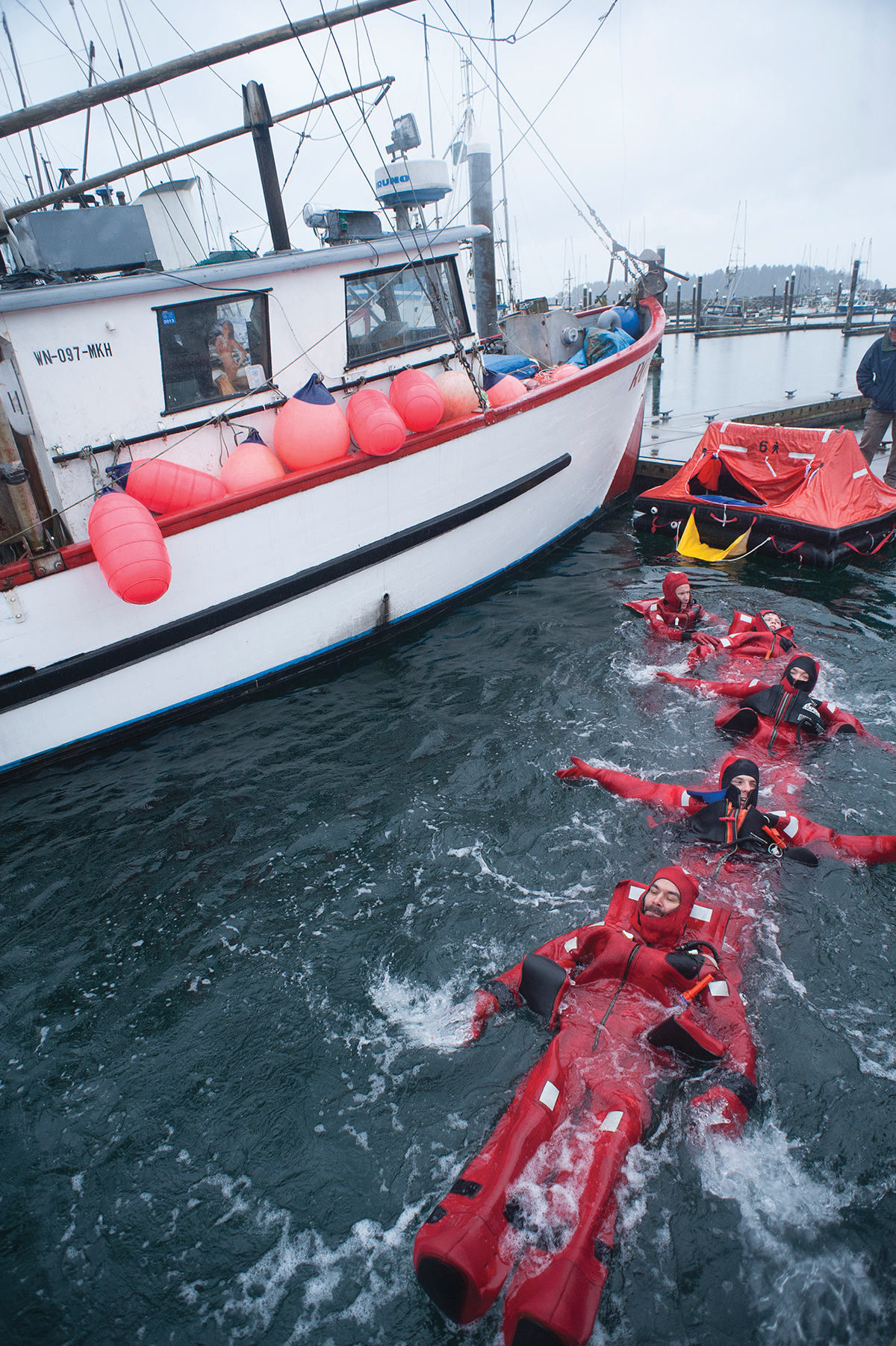 Washington boaters will have a handful of boating classes available to them in the winter months; both the Washington Sea Grant and the Sailing Foundation are offering classes to enhance your safety and maintenance skills on the water.
Washington boaters will have a handful of boating classes available to them in the winter months; both the Washington Sea Grant and the Sailing Foundation are offering classes to enhance your safety and maintenance skills on the water.
Washington Sea Grant: The Washington Sea Grant has announced two workshops scheduled for December. The first is a Diesel Engine Troubleshooting and Maintenance workshop, and the other is a First Aid at Sea workshop. The engine maintenance workshop will cover the basics of fuel, lubrication, electrical, cooling, and exhaust systems in marine diesel engines. This class is designed to help both commercial fishermen and recreational boaters avoid the most common engine malfunctions.
The first aid workshop will focus on topics like hypothermia and near drowning while at sea. Attendees will learn how to respond to shock, trauma, burns, fractures, and choking. CPR training, patient assessment, and use of marine first aid kits will also be covered. The engine maintenance workshop will be held at the Gig Harbor BoatShop at Eddon Boat Yard on January 15 from 0900 hours to 1600 hours. The first aid workshop will be held in the Norby Building of the Fisherman’s Terminal in Seattle on December 10 from 0800 hours to 1700 hours. The fee for the engine maintenance workshop is $60 and the fee for the first aid workshop is $100 ($50 for active commercial fishermen). For more information or to register, contact Sarah Fisken at 206-543-1225 or sfisken@uw.edu.
U.S. Sailing Foundation: The U.S. Sailing Foundation is offering the U.S. Sailing two-day International Offshore Safety at Sea Course this February in Vancouver, Washington. This course complies with World Sailing Offshore Personal Survival Course guidelines. Many offshore races, such as the Vic-Maui, Van Isle 360, Oregon Offshore, and Pacific Cup require participants to complete this training. If you’re planning on participating in one of these races, this is a good chance to take the course.
The two-day course includes classroom, pool, and hands-on training. Day one is in the classroom spent covering topics like heavy weather sail selection and use, man overboard and safety gear, aiding other vessels, safety communication devices and EPIRBs, heavy weather techniques, abandon ship and life raft procedures, medical emergencies, and weather forecasting.
The second day will include hands-on scenarios in pyrotechnics and firefighting, and time in the pool for life jacket inflation and practice, life raft deployment and entry training. Classroom sessions that day delve into remote-boating medical scenarios and kits, weather routing, sail repair and maintenance, and Lifesling® crew overboard rescue training.
The course is being held February 9 and 10 at the Marshall Leupke Center in Vancouver, Washington. For pricing and to register, visit thesailingfoundation.org/what-we-do/safety-at-sea.